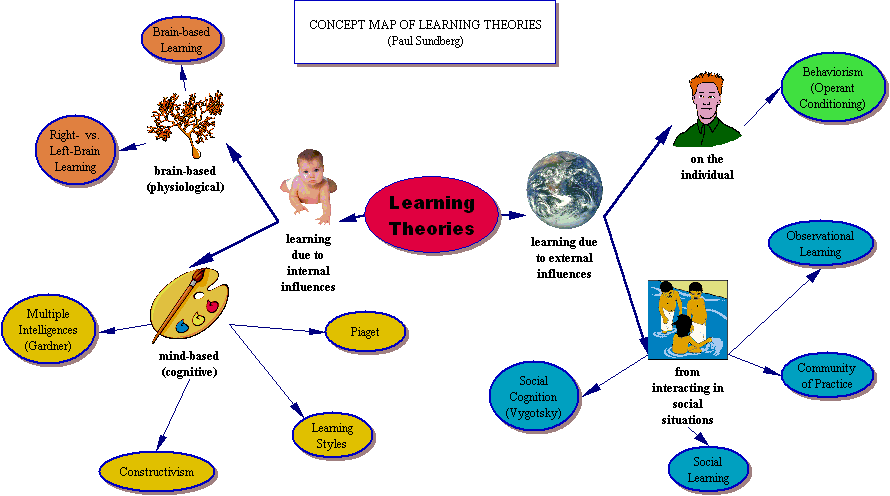LEARNING THEORIES

This week’s lecture was about learning theories. Learning is
a psychological process that is been validated by school thought, by theorist
like
v
Skinner, Pavlov through learning theory
Behaviorism.
v
Vygotsky, Piaget through learning theory
Cognitivism
v
Bandura through Social learning
v
John Dewey and Jerome through Constructivism.
These theorist spend a lot of time experimenting, observing
and reasoning human and animal’s behaviour. The theorist helps learners to
understand the picture that cannot be easily observed through their mind.
The learners should be able to be creative thinkers, collaborate,
communicate as well as have problem solving skills
BEHAVIORISM
It is a psychological process based on positive and negative
reinforcement. The negative reinforcement is the punishment or the learner
observe negative reinforcement. The learner is also influenced by environment stimuli
is seen now as passive without knowledge.
PARENT FIGHTING
PUNISMENT
COGNITIVISM
It also a psychological process that focuses in the mind of
the learner. The activity that happen inside the learner’s mind. How the
learner think, knowing of problem solving skills and memory. The learner is an active
participant in a learning process. The learner is able to construct knowledge
and analyse information through his /her mind. The example the learner learned
to be aggressive by observing parent fight or by experimenting abusive treatment
from the parent. What the learner, learned at home can be able to relate to friend
who are bullying him /her at school. Learner‘s cognitive level has developed. Vygotsky
proposed as Zone of Proximal Development (ZPD). Now is able to store the information,
organised and strategized.
SOCIAL LEARNING
This theory focuses on how a learner around the community
imitate others by observing, compare. For example the learner can be involve in
fighting because the imitate friends. The concept of self-efficacy is a belief
that the learner can defend him / herself but not having fighting skills
CONSTRUCTIVISM
In this theory the learner is an active, can be able to
process everything through his / her mind. The learner can now is able to
actively construct his / her own presentation what is good or bad as the learner
also gain an experience. There maturity of understanding
THE LAERNER IS ABLE TO CONSTRUCT KNOWLEDGE